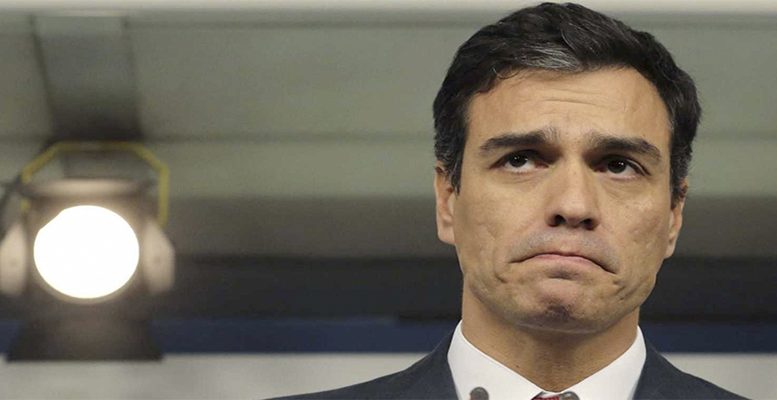Fernando Gonzalez Urbaneja | Economics textbooks have a heading to add to the chapter on inflation: the one dictated by Dr Pedro Sánchez before Parliament. After warning that inflation (10% annual rate) is the most worrying problem for the government, he deployed a series of “anti-inflationary” measures, among them, new taxes for banks and energy companies on extraordinary profits .
The president spoke about his concern about the influence of “dark powers””, so far unspecified, to which he has referred in his latest public speeches. It is clear that they are the banks and energy companies, which he is punishing with specific taxes with which he hopes to collect around 3.5 billion euros a year over the next two years.
This has been the outstanding measure for the moment for an anti-inflation strategy; public transport subsidies or the extension of grants are of a lesser order. Tax increases (not to mention not updating fares to compensate for the effect of inflation) seem more like a punishment of those the president perceives as opponents than an anti-inflationary measure.
Economic theory says that raising taxes is not a good recipe against inflation, the nature of tax is that of a price and a cost that is passed on in the final price. It is true that taxes are taxes are the price we pay for civilization and therefore taxes must be sufficient to meet the costs of that civilisation.
It is surprising that the package of anti-inflation measures, which the PNV spokesman describes as improvised and poorly articulated, does not include incentives for energy saving to reduce dependence and its perverse effects on the balance of payments. Spain has a hopeful energy future with cleaner, safer and cheaper supplies in the future towards the end of the decade. But to reach this optimum, we need to invest heavily in alternative energies and approach the transition period intelligently, with policies of savings and efficiency. And there is little of this in the successive emergency decrees approved by the government.
The intellectual relationship of the government’s discourse with the concept of corporate profits deserves some reflection and further explanation. It was a German social democratic leader who established the equation that today’s profits are the guarantee of tomorrow’s investments and the employment of the day after tomorrow. Without profits there will be no investment, which is essential for the energy transition. To reject, to punish, profits is to shoot yourself in the foot when you have to start walking. Pedro Sánchez knows this, he has studied it, it is common sense, which is why his uncomfortable relationship with profit is so surprising. The message that investors receive is that when profits appear, the government will strive to appropriate them. A dangerous message that translates into risk premium.
The recipe against inflation does not lie in raising taxes; there are other known measures that are more effective and that also help to ensure sustained revenue collection.





